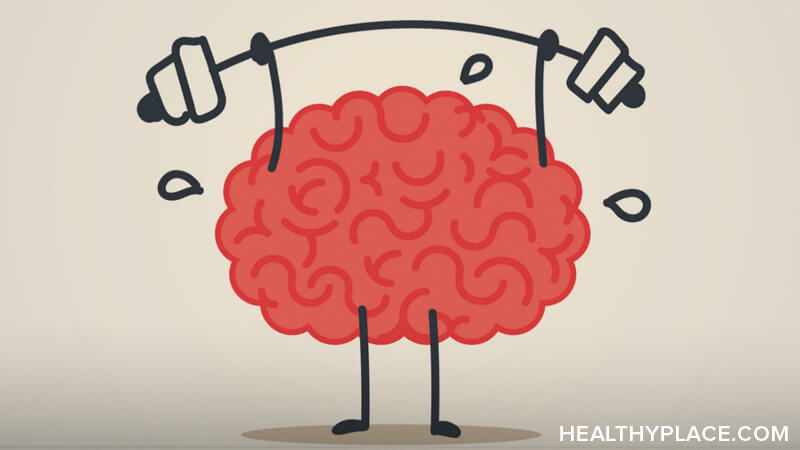Do’s:
- Do Prioritize Self-Care: Make time for activities that bring you joy and relaxation, such as hobbies, exercise, meditation, or spending time with loved ones.
- Do Practice Mindfulness: Incorporate mindfulness techniques into your daily routine, such as deep breathing exercises, meditation, or yoga, to help manage stress and promote mental clarity.
- Do Seek Support: Reach out to friends, family members, or mental health professionals if you’re struggling with your mental health. Talking about your feelings and seeking support can help alleviate distress and provide perspective.
- Do Establish Healthy Boundaries: Set boundaries with others to protect your mental and emotional well-being. Learn to say no when necessary and prioritize activities and relationships that nourish you.
- Do Stay Active: Engage in regular physical activity, as exercise has been shown to have numerous benefits for mental health, including reducing stress, improving mood, and boosting self-esteem.
- Do Practice Gratitude: Cultivate a sense of gratitude by focusing on the positive aspects of your life and expressing appreciation for the things you have. Keeping a gratitude journal or practicing daily gratitude exercises can help shift your perspective.
- Do Limit Screen Time: Be mindful of your screen time and take breaks from electronic devices, especially before bedtime. Excessive screen time, particularly on social media, can contribute to feelings of stress, anxiety, and comparison.
Don’ts:
- Don’t Neglect Your Physical Health: Remember that mental health and physical health are interconnected. Avoid neglecting your physical health, such as sleep, nutrition, and exercise, as these factors can significantly impact your mental well-being.
- Don’t Compare Yourself to Others: Avoid comparing yourself to others, especially on social media, as this can lead to feelings of inadequacy, jealousy, and low self-esteem. Focus on your own journey and progress instead.
- Don’t Bottle Up Your Feelings: Avoid suppressing or ignoring your feelings, as this can lead to increased stress and emotional distress. Instead, allow yourself to feel and express your emotions in healthy ways, such as journaling, talking to a trusted friend, or seeking professional help.
- Don’t Overwhelm Yourself: Avoid taking on too much or overcommitting yourself, as this can lead to burnout and exhaustion. Learn to prioritize tasks and delegate when necessary to manage stress and maintain balance.
- Don’t Self-Medicate: Avoid using alcohol, drugs, or other substances as a way to cope with stress or difficult emotions. Substance use can worsen mental health issues and lead to dependency and addiction.
- Don’t Ignore Warning Signs: Pay attention to warning signs of mental health problems, such as changes in mood, appetite, sleep patterns, or social withdrawal. If you notice any concerning symptoms, seek help from a mental health professional.
- Don’t Stigmatize Mental Illness: Avoid stigmatizing language or attitudes towards mental illness, whether directed towards yourself or others. Instead, promote empathy, understanding, and support for those struggling with mental health challenges.
By incorporating these do’s and don’ts into your life, you can take proactive steps to promote mental health and well-being for yourself and those around you. Remember that seeking support and taking care of your mental health is essential for overall wellness.












